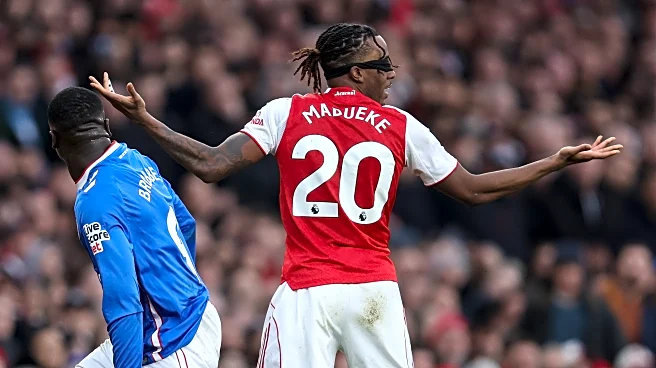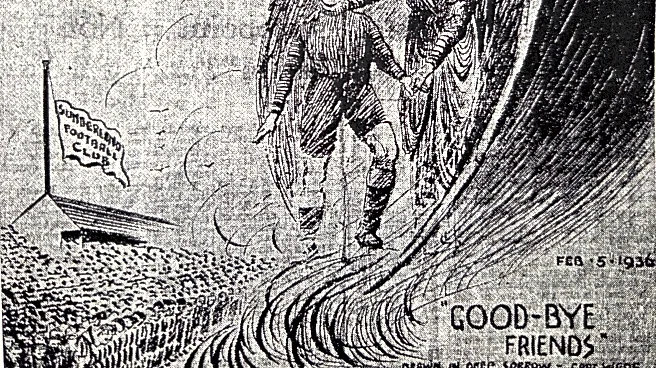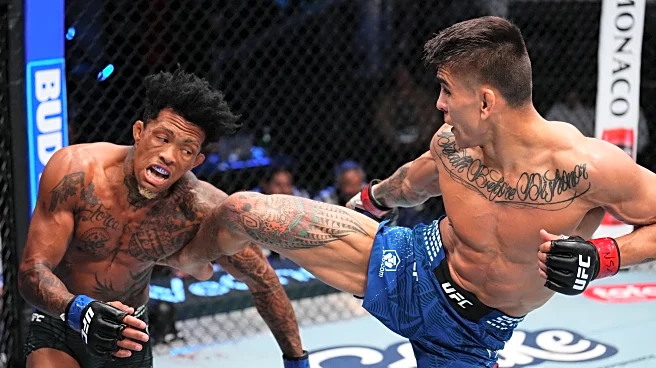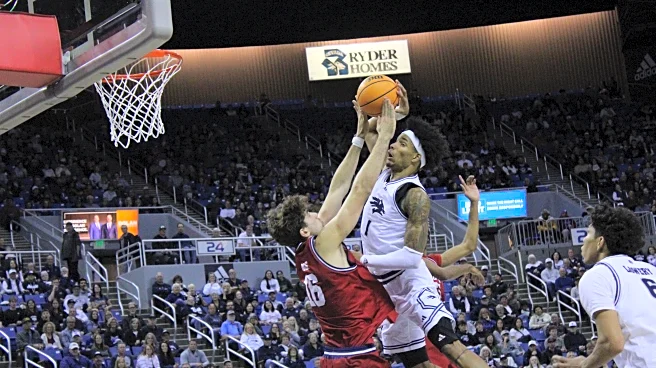What is the story about?
What's Happening?
The fashion industry is increasingly relying on artificial intelligence (AI) to predict upcoming trends, a shift from traditional methods dominated by elite opinions at major runway shows. Platforms like TikTok, Instagram, and Pinterest are reshaping how trends spread, with AI algorithms mining data from these sources to forecast what will be popular. Companies like Heuritech use AI to track data from runway shows and social media, successfully predicting trends such as dotted prints and the color yellow. Despite AI's capabilities, human expertise remains crucial in ensuring the accuracy of these predictions, as AI alone cannot fully capture the nuances of fashion trends.
Why It's Important?
The integration of AI in trend prediction is transforming the fashion industry by enabling faster and more accurate decision-making. This technological advancement allows companies to optimize their supply chains and personalize customer experiences, potentially increasing sales and reducing costs. As AI becomes more prevalent, it could democratize trend forecasting, making it accessible beyond traditional fashion elites. However, the reliance on AI also raises questions about the role of human creativity and judgment in fashion, as well as the potential for over-reliance on data-driven decisions.
What's Next?
Fashion companies are likely to continue investing in AI technologies to enhance their competitive edge. As AI tools become more sophisticated, they may further integrate into various aspects of fashion, from design to marketing. Stakeholders, including designers and retailers, will need to balance AI insights with human creativity to maintain the industry's dynamic nature. Additionally, ethical considerations regarding data privacy and the impact of AI on employment in the fashion sector may become more prominent.
Beyond the Headlines
The use of AI in fashion could lead to broader cultural shifts, influencing how trends are perceived and adopted globally. As AI-driven predictions become more accurate, they may challenge traditional notions of fashion authority and creativity. This evolution could also impact consumer behavior, as individuals increasingly rely on digital platforms for fashion inspiration and purchases.















